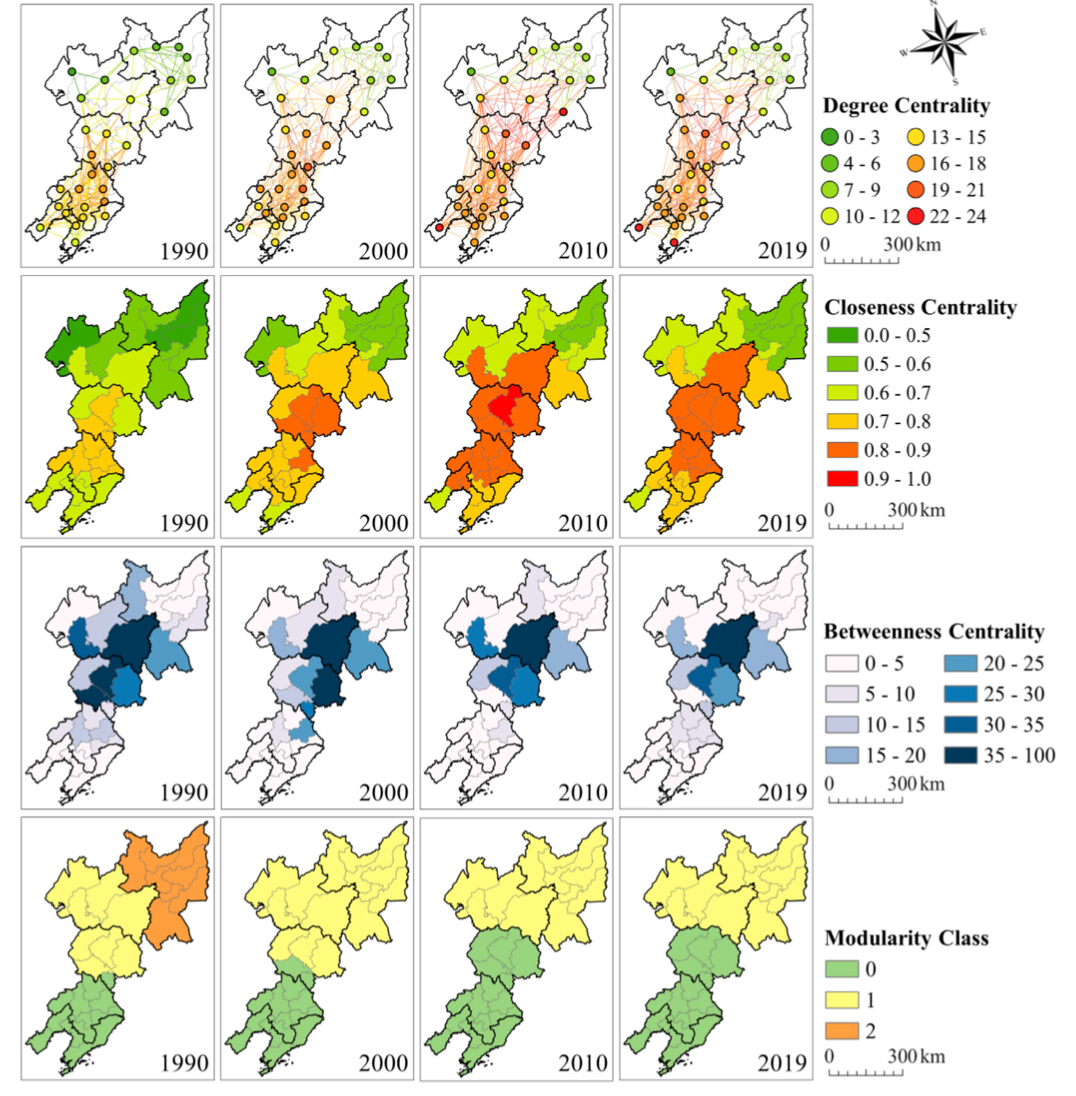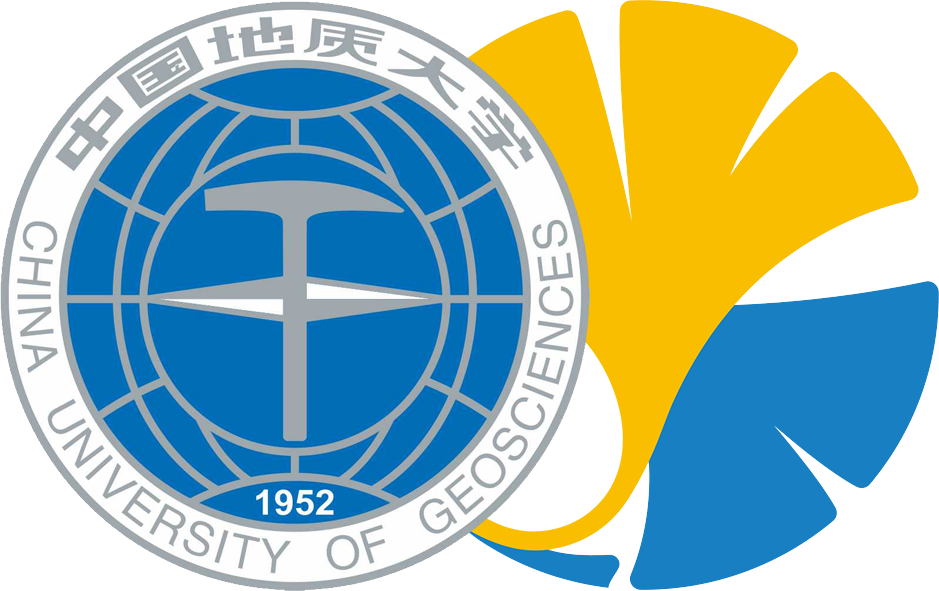Title:Spatial-Temporal Patterns of Network Structure of Human Settlements Competitiveness in Resource-Based Urban Agglomerations

Abstract
Resource-based urban agglomerations often encounter greater challenges in the sustainable development of human settlements. The aim of this study is to propose an approach to the coordinated development of competitiveness by analyzing the interaction of human settlements competitiveness (HSC) in resource-based urban agglomerations. Through the compound evaluation model of HSC and urban network analysis, this study finds: 1) the HSC measure increased from 35.12 in 1990 to 52.15 in 2015 and showed a downward trend from 2015 to 2019, with an average value of 47.82 in 2019; 2) The change trend of the relevance network density is the same as that of the HSC, while the difference network density reaches the lowest value of 0.441 when the HSC is the highest, indicating that the HSC of the urban agglomerations has improved to a certain extent but is more unsustainable, and 3) Communities in the relevance network are obviously bounded by the borders of provinces or urban agglomerations, while the communities in the difference network are differentiated into two types: high-competitiveness and low-competitiveness. Using the theory of “co-opetition” to analyze the sustainable development path of resource-based urban agglomerations, the study believes that a coordination mechanism and a guarantee mechanism for benefit distribution should be established between urban agglomerations to curb local protectionism, and promote regional dislocation development. The development gradient level also should be established within the urban agglomeration to narrow the gap between HSC of cities, and innovative development should be the core of promoting industrial transformation and upgrading.
Keywords
urban network analysis, compound evaluation model, relevance and difference coefficient, network evolution analysis, northeast China urban agglomerations
Full Text Download
Frontiers in Environmental Science
Q.E.D.









